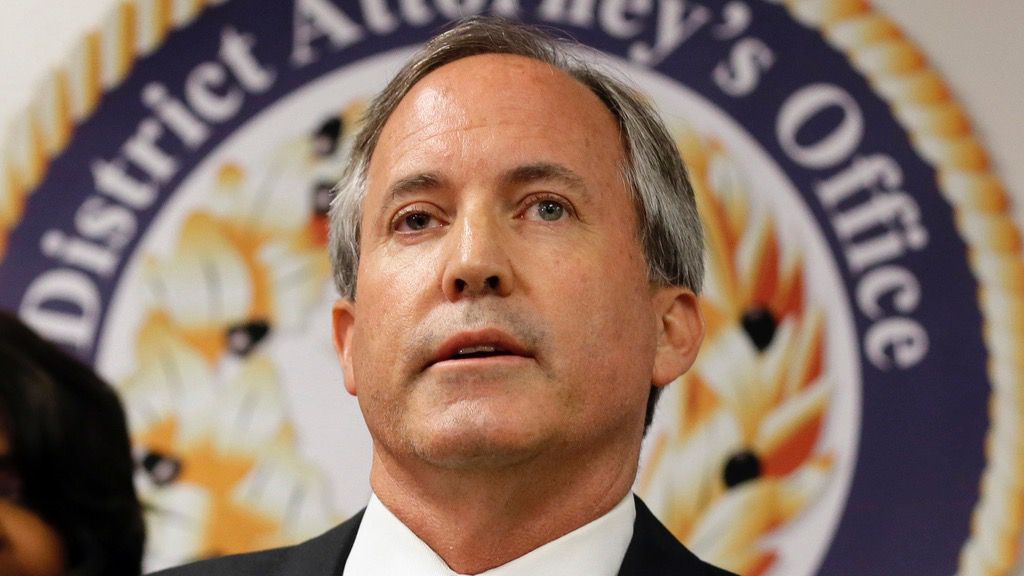Texas Lawsuit Against Dallas Doctor Over Gender-Affirming Care for Minors
In a significant legal development, Texas Attorney General Ken Paxton has filed a lawsuit against Dr. May Lau, a physician based in Dallas, accusing her of providing gender-affirming care—including hormone treatments—to minors. This case highlights the vigorous enforcement of recent legislative measures aimed at restricting access to medical care for transgender youth, making it one of the first instances where Texas has sought to uphold a ban established in the past year.
Background of the Case
The lawsuit specifically claims that Dr. Lau administered hormone treatments to more than 20 minors, allegedly breaching Texas law that prohibits transgender individuals under the age of 18 from accessing hormone therapies, puberty blockers, and transition surgeries. While surgical procedures for minors are infrequent, the broader implication of this legal action signals a political and social debate that has intensified over the past few years.
The Accusations Against Dr. Lau
In the legal documents, Dr. Lau is accused of "falsifying medical records, prescriptions, and billing records" to misrepresent the purpose behind her testosterone prescriptions. The lawsuit suggests that these prescriptions were not just for transition purposes but were instead labeled as treatments for other conditions. This serious allegation indicates a conflict between medical practice and legal stipulations that many healthcare providers might find increasingly concerning.
The Political Climate
The timing of this lawsuit is particularly noteworthy, as it coincides with an election cycle where support for or opposition to gender-affirming healthcare has become a contentious political issue. Prominent Republican figures, including Senator Ted Cruz, have used the topic as a platform to criticize their Democratic opponents, further entrenching the division within the political landscape.
Implications of the Texas Ban
The laws governing medical care for transgender minors in Texas were signed into effect by Governor Greg Abbott. Abbott’s administration has taken a strong stance against gender-affirming medical practices, having previously initiated investigations into the families of transgender minors receiving such care. This aggressive approach underscores a broader trend seen across the United States, where at least 26 states have enacted similar restrictions or bans on gender-affirming care for minors. Many of these laws are currently facing challenges in court, with federal judges blocking enforcement in states like Arkansas and Florida, citing constitutional issues.
The ACLU’s Perspective
The ACLU’s LGBTQ & HIV Project has expressed deep concern regarding this lawsuit, with attorney Harper Seldin categorizing it as a “predictable and terrifying result” of Texas’s stringent laws. Seldin remarked that the case epitomizes the potential for legal repercussions that healthcare providers may face when making medical judgments in the interest of their patients. He emphasized that doctors should not find themselves at odds with government authorities when prioritizing patient care.
Dr. Lau’s Professional Background
Dr. May Lau holds a prominent position as an associate professor in the pediatrics department at UT Southwestern Medical Center in Dallas. Her professional credentials, which include hospital privileges at two local Children’s Health hospitals, suggest a level of expertise that adds weight to her medical decisions. No statement has been released from either Dr. Lau or the university regarding the lawsuit, indicating the sensitive nature of the ongoing investigation.
Broader National Context
As Texas propels forward with its legal actions, the national landscape is marked by varying levels of enforcement regarding gender-affirming care for minors. States such as Montana and New Hampshire have recently navigated similar debates, with judicial decisions temporarily blocking enforcement in some cases. The implications of these bans ripple through the lives of many young individuals, families, and medical professionals, creating an ecosystem fraught with uncertainty and fear.
Conclusion
As Texas ventures into uncharted territory with this lawsuit, the outcome could set significant precedents for gender-affirming care and the rights of transgender minors. The intersection of healthcare, law, and politics continues to evolve, challenging norms and sparking discussions about the fundamental rights of individuals seeking to navigate their identities. The legal ramifications for Dr. Lau and potentially others in a similar practice remain to be fully realized in this ongoing saga.
